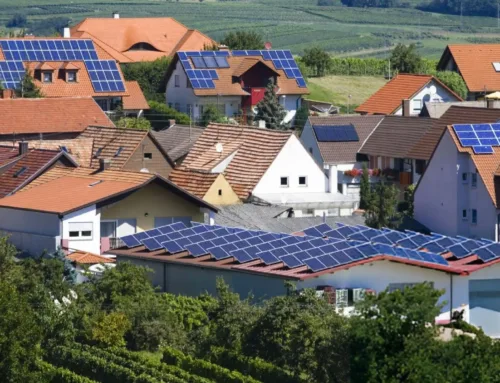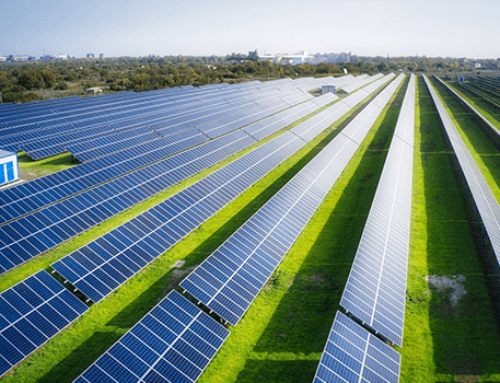
According to the White House, the Quad leaders (the United States, Australia, India, and Japan) have reiterated their commitment to fostering a free, open, and rules-based system in the Indo-Pacific region.
The White House also stated that the US is investing $500 million in India to help American solar panel manufacturers to set up their manufacturing units in India.
In November 2017, the US, Australia, India, and Japan launched the Quad to devise a new strategy to preserve the important sea routes in the Indo-Pacific free of influence in the face of China’s growing military footprint.
On the first anniversary of the presidential executive order on America’s Supply Chain, National Security Advisor Jake Sullivan released a thorough report emphasizing the role of Quad and other foreign partners in tackling the supply chain issue.
“Australia, India, Japan, and the United States are committed to promoting the free, open, rules-based order, rooted in international law and undaunted by coercion, to bolster security and prosperity in the Indo-Pacific and beyond,” the White House report said.
According to the report, the US is investing USD 500 million in India to help American companies produce solar panels.
“Under the Biden-Harris Administration, the US Development Finance Corporation (DFC) is actively pursuing investments overseas that will strengthen key US and international supply chains, such as the DFC’s December 2021 announcement that it would provide up to USD 500 million in financing for a US company to expand solar manufacturing in India,” it said.
According to the research, this builds on domestic efforts to increase solar manufacturing in the United States.
“This group is working together on building open and secure supply chains for vaccine production, establishing responsible and resilient clean-energy supply chains and launching a green shipping network, and focusing on critical and emerging technology – including a joint semiconductor supply chain mapping initiative,” Report added.
The Biden-Harris Administration has been working with Congress, our international allies and partners, and the private sector to increase available supplies of microelectronics, or semiconductor chips, that are used in automobiles, smartphones, medical equipment, and our broadband and power infrastructure, according to the statement.
It stated that securing the vital minerals that the US would require to convert to a sustainable energy economy, create next-generation security equipment, and drive our industrial economy will take decades. The White House stated in a fact sheet that President Biden is committed to engaging with US trading partners to address the immediate supply chain difficulties posed by the extraordinary economic rebound while also ensuring long-term supply chain resilience.
“Later this year, the Biden-Harris Administration will host a Ministerial-level Summit on Global Supply Chain Resilience to address near-term bottlenecks and tackle long-term challenges, building on the Summit on Global Supply Chain Resilience that President Biden held in October with the European Union and over a dozen like-minded countries,” it added.
Click Here for more updates ornatesolar.com
Resource: Economic Times







Leave A Comment